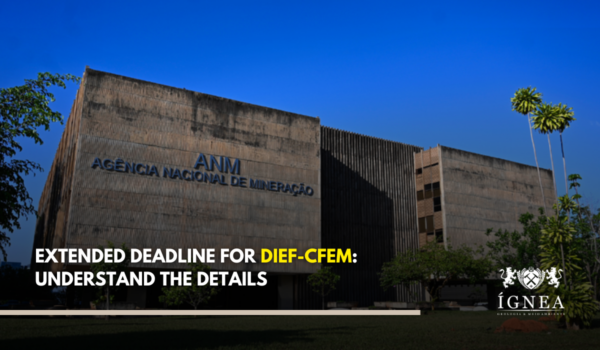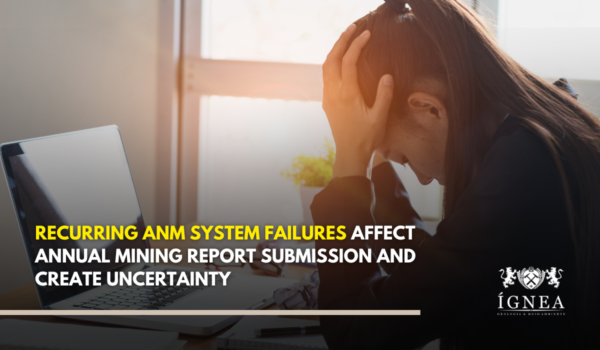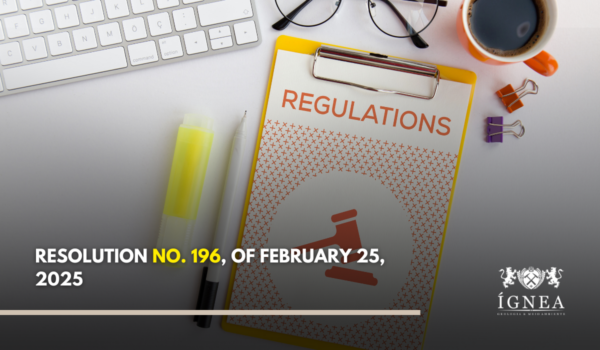In a General Assembly held on Wednesday (10), the employees of the National Mining Agency (ANM) approved the strike indication, scheduled to begin on May 29. This decision came after an intense debate about the direction of the movement, the political-institutional context involving the ANM, and the legal issues surrounding a potential work stoppage.
During the voting, a significant majority of employees expressed support for the strike indication, with 82.80% in favor, 15.05% against, and 2.15% abstaining. At the same time, 77.01% of participants voted to end the state of strike readiness, which had been initiated in April, while 21.84% opted for its continuation, and 1.15% abstained.
The strike indication is a stage in which the category establishes a minimum date for the actual start of the strike, but this decision is not final and is subject to change depending on future circumstances.
Demands
One of the main demands of ANM employees relates to the precarious structure of the agency since its creation, following the extinction of the National Department of Mineral Production (DNPM). Currently, ANM has only around 675 active employees, which is insufficient to fill the 2,121 existing permanent positions, corresponding to only 31.8% of the necessary workforce to maintain the proper functioning of the agency.
The National Union of Employees of Regulatory Agencies (Sinagências) highlights that ANM faces difficulties in attracting professionals due to low salaries and a lack of infrastructure to handle the increasing number of responsibilities that must be fulfilled. Additionally, it is noted that the agency has an average salary lag of 40%, the highest among all federal public service careers.

Given this scenario, the employees also approved the organization of demonstrations in the 26 Brazilian states and the Federal District on May 17. In Brasília, the gathering will take place in front of the Ministry of Management and Innovation in Public Services (MGI), as a means to pressure the authorities to address their demands.
Sinagências emphasizes that the work stoppage could lead to the suspension of important functions carried out by ANM, such as the inspection and distribution of the Financial Compensation for Mineral Resource Exploitation (CFEM), dam inspections, and regulatory and administrative activities. This situation is concerning, especially at a time when the Supreme Federal Court (STF) has mandated the implementation of measures to combat illegal mining and organized crime in the gold sector.
“Considering the serious institutional situation of the agency regarding staff deficits, the union warns that even in the absence of a strike, ANM may have to suspend activities such as CFEM inspection and distribution, dam inspections, and regulatory and administrative activities,” Sinagências stated in a note.
The union has sent letters to the Presidency of the Republic, the Chief of Staff, and the involved ministries requesting negotiation meetings, but has not received a response or scheduling thus far.
It is crucial for the government to be attentive to the concerns of ANM employees and seek solutions for the restructuring of the agency and the recognition of its professionals in order to promote sustainable development, strengthen the State, protect vulnerable populations, and combat illegal activities in the mining sector.
“The government has the opportunity to signal to Brazilian society and the world a new step towards sustainable development, the strengthening of the State, the protection of vulnerable populations, and the fight against the consortium of illegal mining and organized crime,” said Cleber Ferreira, President of Sinagências.
The coming weeks will be decisive for ANM and the government, as they have the opportunity to engage in dialogue and seek solutions that meet the interests of both parties, ensuring the continuity of the agency’s activities and promoting responsible and safe mining for the country.
[Source: Ascom/Sinagências and CSB]













